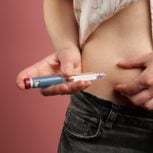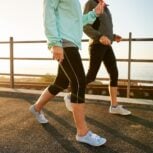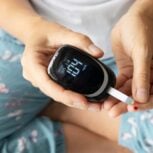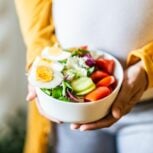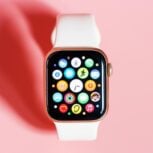404: Page not found
Sorry, the page you were looking for could not be found.
Try a search:
Did you follow a link to get here?
Please contact us with the URL of the page the broken link is on so it can be fixed.
Did you type the URL?
You may have typed the address incorrectly. Please check to make sure you’ve got it exactly right.
